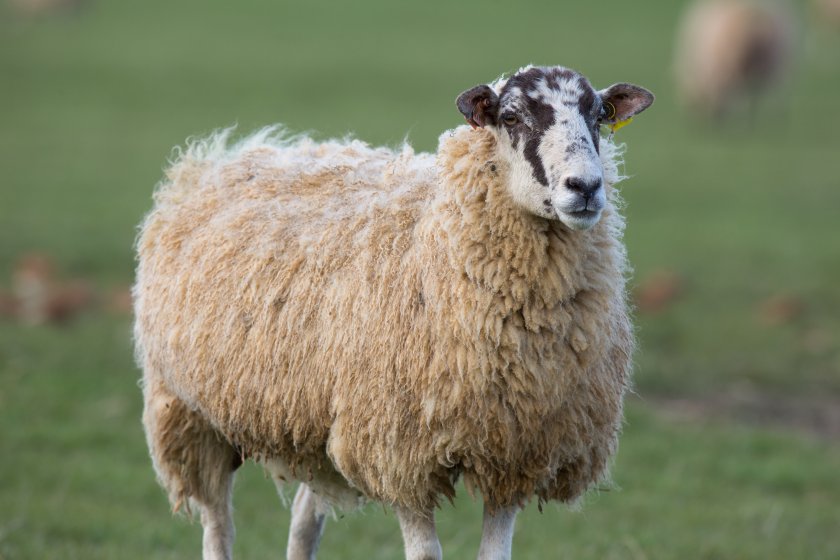
Sheep farmers are being told to remain vigilant for a blood-sucking worm that can be hard to spot as cases rise across the whole of the UK.
Cases of Haemonchus contortus (H. contortus) are usually isolated in the southern parts of the UK, but according to SRUC, a total of 46 diagnoses have been made on Scottish holdings.
Although the number of cases remains small, 46% of these diagnoses have been in the past three years and there is a general upward trend.
Matt Colston, ruminant technical consultant at Elanco Animal Health, says cases of H. contortus are typically seen after higher summer temperatures.
However, its occurrence tends to be sporadic, making it harder to spot.
"Cases have been seen in the south west for some time, but there's been a rise in the north of the UK and Scotland in recent years," he says.
"Sheep are not good at developing immunity to Haemonchus so it affects both ewes and lambs and doesn't display the same symptoms as other worm species.
"Affected animals don't tend to scour; the worms are blood-suckers and so the symptoms are more like liver fluke - thin ewes, anaemia, and bottle jaw which can be followed by death."
Farmers often think their sheep are suffering from a fluke outbreak in August, but it could be H. contortus causing the problem, Mr Colston says.
If ewes are looking thin and on a good diet, it's worth undertaking a faecal egg count (FEC), as it could be Haemonchus.
He adds: "The FEC are typically high with Haemonchus - it's not uncommon to see egg counts in the thousands - so if a high test does come back, further testing will be required.
"Worms can be visible in the abomasum, but the diagnosis can also be confirmed from faecal samples by carrying out the peanut agglutinin test to identify if Haemonchus eggs are present; samples have to be sent to APHA to do this."
Although the test takes time and requires money, Mr Colston says the investment is worthwhile as it severely hinders flock performance and if not treated can lead to death.
"When it comes to treating Haemonchus, it does appear that the worms are susceptible to most wormers, but it's important to do a post-treatment check to ensure that it has cleared out all the worms," adds Mr Colston.
He says farmers should consider what parasite presents the highest risk on their farm when selecting control options.
Due to them being blood-sucking worms, a fluke drench can also work as a treatment option for Haemonchus.
"If fluke is a high risk on your farm you should keep the drench for when that's a problem, however if it's not a fluke farm, then keep wormers for when you need them to control other worm species and use a fluke drench to treat Haemonchus."
Mr Colson explains that H. contortus does not like the cold weather and therefore does not tend to overwinter on pastures.
However, cases are becoming wider spread due to milder winters and more sheep movement around the UK without quarantine drenching.
